How to determine if an elephant attraction in Thailand is ethical
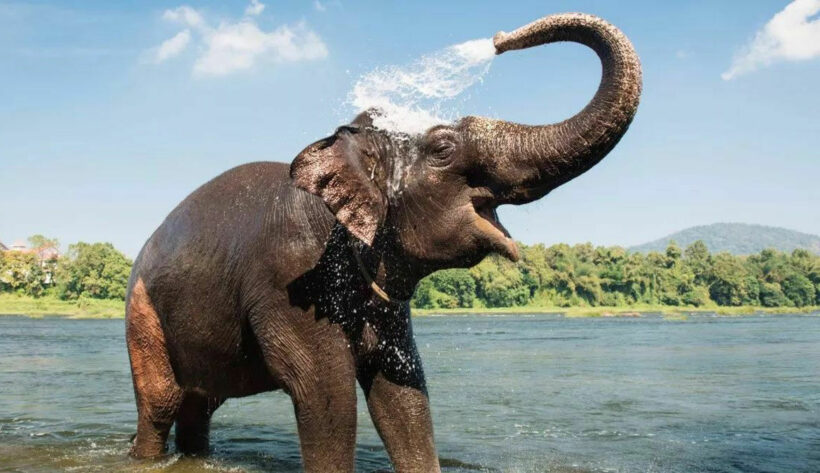
Thailand is full of attractions that allow visitors to get up close to elephants and other wild animals. But, as exploitative tourism is on the rise worldwide, it is important to know what elephant sanctuaries or havens are practising ethical tourism. Elephants have historically been taken from their mothers as babies to be used as tourist attractions. Unfortunately, part of the adaptation process to humans includes an elephant’s mahout, or trainer, breaking their spirits by using bullhooks and other harsh methods to literally beat them into submission as babies.
Those who offer elephant rides are undoubtedly causing irreversible harm to the elephants, as their spines cannot take the weight of a chair and rider. Often, however, such “sanctuaries” do a great job of hiding the abuse that elephants endure by covering scars and wounds with decorative cloths and the chairs themselves.
Thus, to determine if an elephant sanctuary is practising ethical caretaking of its elephants, knowing what is not natural behaviour for the elephants is key:
Riding elephants
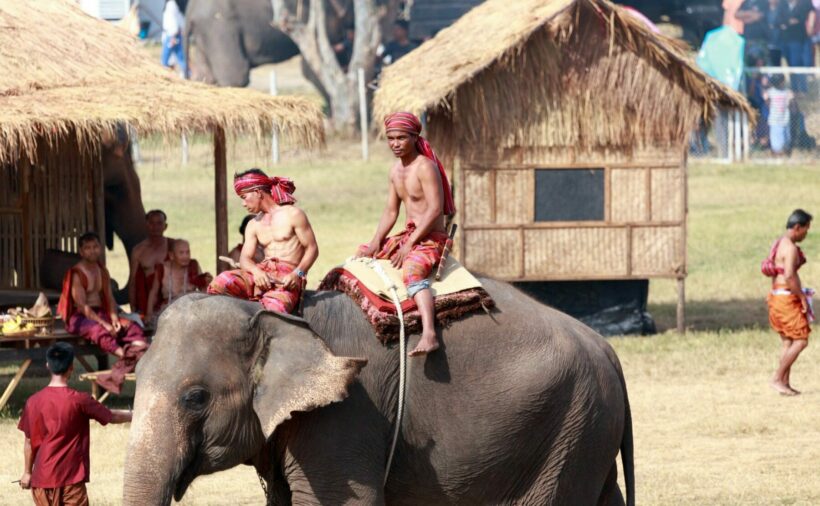
Bathing elephants
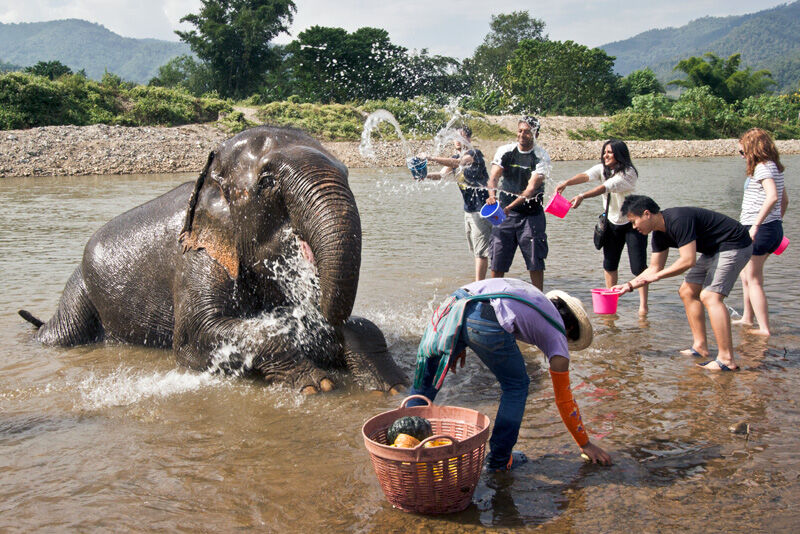
Art shows
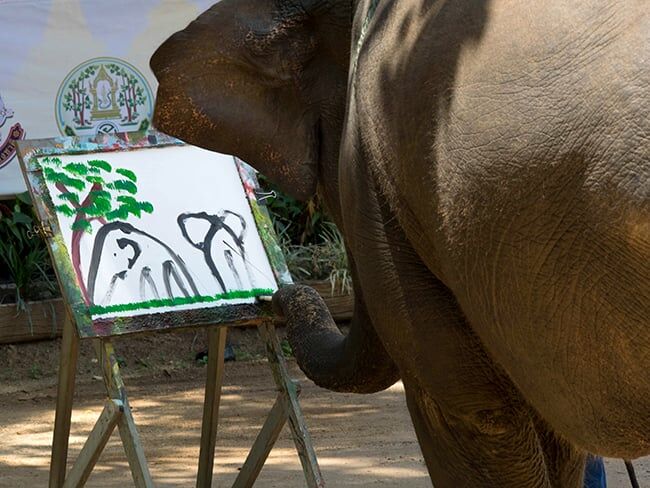
Performance shows
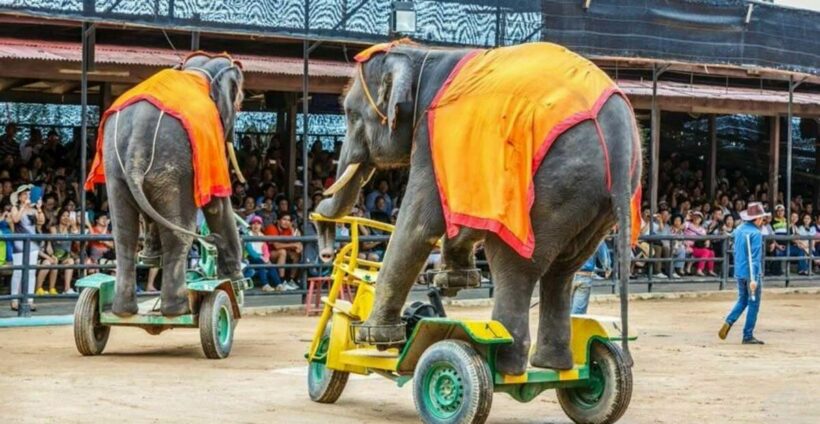
The unseen consequences of these features at so-called sanctuaries include the practice of “phajaan” in Thai language. This is the traditional and brutal way of breaking a young elephant’s spirit. And, although upon visiting a sanctuary you may think the elephants are in good hands, the behind-the-scenes nightmare is all too real.
Now, as voluntourism is on the rise, many elephant riding facilities in Thailand have taken to adding “sanctuary, refuge, rescue, orphanage,” or any other caring name to their title. But, this doesn’t mean that they aren’t practising unethical elephant care.
Choosing an ethical elephant sanctuary should be a priority for anyone looking to make a positive difference in the world of animals. Such real sanctuaries never buy, sell, or trade elephants. They also would never force elephants to come into close contact with humans as this isn’t natural. The elephants should have ample space to roam and be in the presence of their kind. Facilities that truly cater to elephants usually would not be open to the public every day. When they do offer tours, visitors should be kept at a distance so as not to disturb these gentle giants.
If you do find an elephant sanctuary that seems to practice good ethics, it is best to check to see if they are accredited by the Global Federation of Animal Sanctuaries.
Latest Thailand News
Follow The Thaiger on Google News:


























